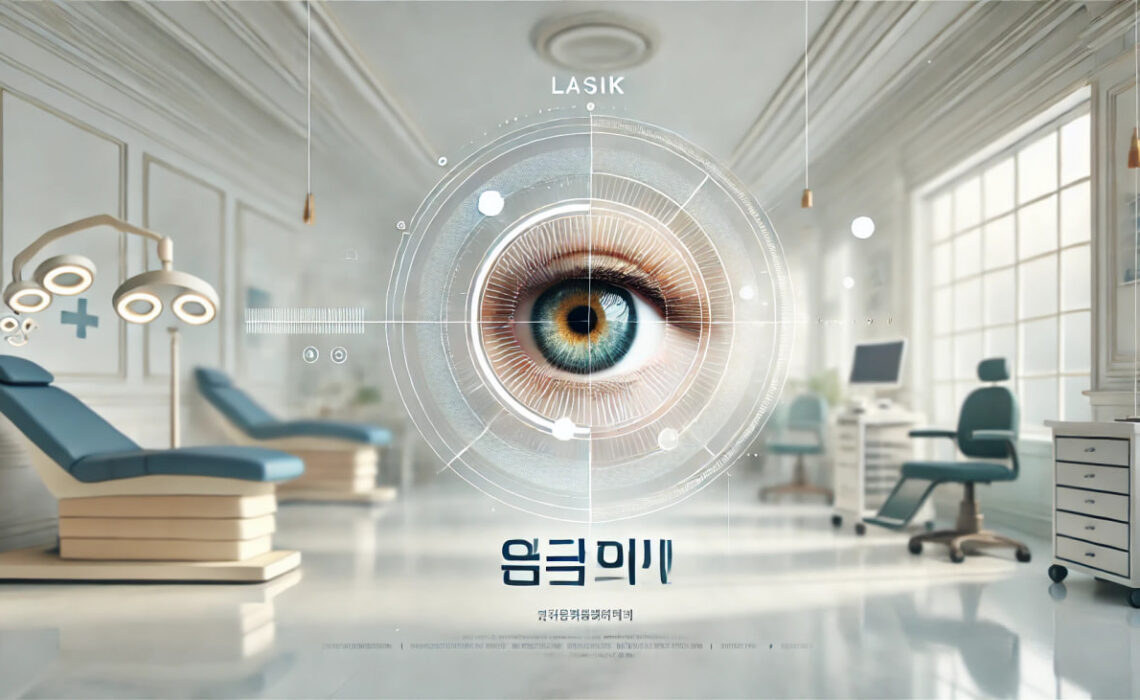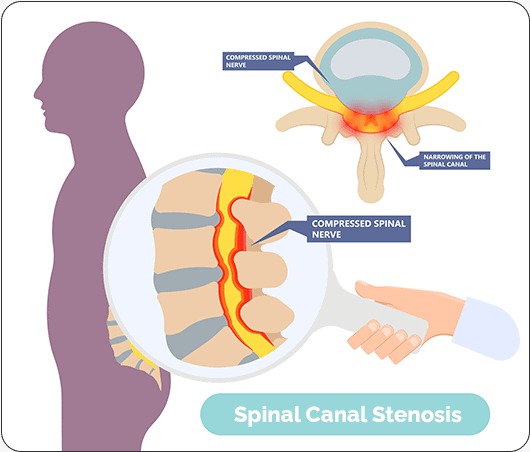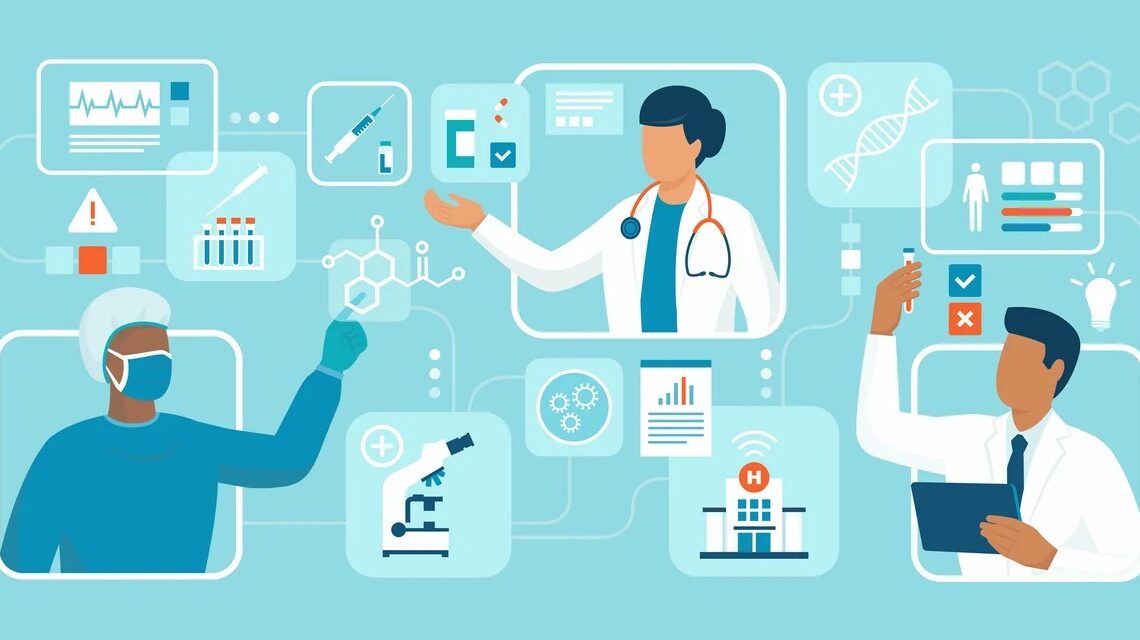3333 Angel Number Meaning Revealed: Understanding Its Power and Spiritual Insights
The angel number 3333 has been captivating the minds of those interested in numerology and spiritual growth. This powerful number is often seen as a message from the universe, sent through the angelic realm to offer guidance and insight. But what does the number 3333 mean, and why is it appearing to so many people? In this article, we will dive deep into the significance of the 3333 angel number and explore its spiritual and practical meanings. Whether you’re seeking personal growth, spiritual awakening, or just curious about angel numbers, this guide will provide the understanding you need.
What Are Angel Numbers?
Before we begin decoding the 3333 angel number meaning, it’s essential to understand what angel numbers are. Angel numbers are sequences of numbers that are believed to carry special significance. These numbers are thought to be messages from our guardian angels or the universe, guiding us toward a higher purpose. Numerology, the study of numbers and their meanings, plays a significant role in understanding these angelic messages.
Each number in numerology has its own vibrational energy and symbolism. When numbers appear in repeating sequences, like 3333, they amplify the energy and meaning of the individual digits. Therefore, the message behind angel numbers can be more powerful than a single number on its own.
Understanding the Meaning of 3333 Angel Number
The number 3333 is a combination of the energies of the number 3 repeated four times. To fully understand its meaning, let’s first look at the significance of the number 3 in numerology.
The Power of the Number 3
The number 3 is often associated with creativity, self-expression, and communication. It is also seen as a number of growth and expansion. When you see the number 3, it’s often a sign that your creative energies are aligned and that you should embrace your natural abilities to communicate and express yourself.
In the context of angel numbers, the presence of 3 is often interpreted as a reminder from the angels to trust your inner wisdom and to step into your true potential. The number 3 is also linked to the Holy Trinity, symbolizing balance between mind, body, and spirit.
The Amplification of 3333
When the number 3 is repeated four times as in 3333, its energy is magnified. This repetition suggests that the message you are receiving is extremely important and requires your immediate attention. The number 3333 serves as a wake-up call from your angels, urging you to pay attention to the areas in your life that require growth, change, or healing.
The number 3333 is often seen as a sign of encouragement from the universe. Your angels are letting you know that they are surrounding you with their support, and you are on the right path. This number invites you to trust in your abilities, follow your passion, and take inspired action toward achieving your goals.
Spiritual Insights Behind 3333 Angel Number
Angel number 3333 is often seen as a spiritual message that offers guidance on your life’s purpose. It is a powerful reminder that you are not alone in your journey and that your angels are guiding and protecting you every step of the way.
Support from the Divine Realm
When you repeatedly encounter the number 3333, it can be a sign that your angels are providing you with support and encouragement. The universe is aligning itself to help you move toward your higher calling. Whether you’re facing challenges or feeling uncertain, 3333 serves as a reminder that you have divine protection. Trust that you are being guided toward the right opportunities and paths.
A Call for Balance and Harmony
Another significant meaning of 3333 is the message of balance and harmony. It encourages you to bring equilibrium into your life, whether it’s balancing work with personal time, relationships with self-care, or your physical, mental, and spiritual well-being. The number 3333 asks you to nurture all aspects of your life, ensuring they complement each other in a harmonious way.
Alignment with Your Higher Self
3333 can also be seen as an invitation to reconnect with your higher self. This number asks you to reflect on your spiritual journey and to ensure that you are living in alignment with your true purpose. If you’ve been feeling disconnected or uncertain about your path, 3333 encourages you to take a step back and examine your inner self. The answers you seek are already within you.
Practical Significance of 3333 Angel Number
While the 3333 angel number holds deep spiritual significance, it also offers practical advice for everyday life. This number encourages you to take action and trust in your abilities.
Embrace Your Creative Potential
The number 3333 is often associated with creativity and self-expression. If you are feeling a creative block or unsure about your artistic abilities, 3333 encourages you to push through these challenges. It is a reminder that you have the potential to create, innovate, and express yourself in ways that will positively impact the world. Don’t hold back—let your creativity flow freely.
Take Action Toward Your Goals
If you’ve been procrastinating or hesitating to pursue a dream, the appearance of 3333 is a sign that it’s time to take action. This angel number urges you to move forward with confidence, knowing that your angels are supporting you. Whether it’s starting a new project, pursuing a career change, or exploring a new hobby, the universe is encouraging you to take the first step.
Communication is Key
The number 3 in 3333 also relates to communication. If you’ve been avoiding difficult conversations or holding back your thoughts, 3333 may be urging you to speak up. Open and honest communication is essential for building stronger relationships, whether with family, friends, or colleagues. Express your thoughts and feelings clearly, and trust that your voice will be heard.
The Relationship Between 3333 Angel Number and Love
Angel numbers often have a connection to relationships and love, and 3333 is no exception. This number can be a sign that your romantic life is about to experience a positive shift. If you’re in a relationship, it may be a sign to focus on strengthening your bond and bringing balance and harmony to your partnership.
For singles, 3333 may be a sign that your soul mate is near or that the time is right to open your heart to love. Trust that the universe is guiding you toward a fulfilling and loving relationship.
How to Respond to the 3333 Angel Number
When you encounter the 3333 angel number, it’s important to pay attention to your thoughts and feelings at that moment. The universe is trying to communicate something important to you, so take a moment to reflect on the areas of your life that may require change or growth.
Here are some steps you can take when you see 3333:
- Meditate – Spend some time in quiet reflection to connect with your inner self. Ask the universe or your angels for clarity and guidance.
- Take Inspired Action – Follow the path that feels right to you. Take practical steps toward your goals, and trust that the universe will support you.
- Embrace Balance – Ensure that all aspects of your life are in harmony. Take care of yourself physically, mentally, and spiritually.
- Express Yourself – Don’t be afraid to speak your truth and communicate openly with those around you.
Conclusion
In conclusion, the 3333 angel number is a powerful and meaningful message from the universe. It carries a message of support, encouragement, balance, and alignment with your higher self. Whether you’re seeking spiritual growth or looking for practical guidance in your everyday life, 3333 is a reminder that you are not alone. Your angels are guiding you, and the universe is aligning to help you achieve your highest potential.
If you continue to see this angel number, take it as a sign that you are on the right path. Trust in your abilities, take inspired action, and remember that you are supported by divine forces. For more spiritual insights and guidance, you can visit https://spiritualunravel.com.















